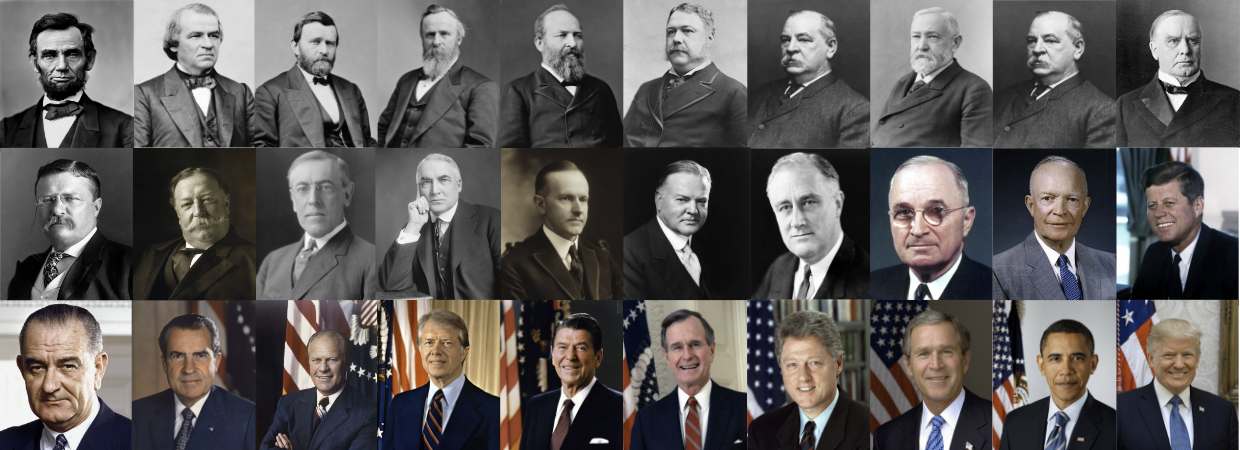
Season Three: The Bully Pulpit
Welcome to The Past, The Promise, The Presidency, Season Three: The Bully Pulpit. The president has a unique position in American society: a one-of-a-kind pulpit from which they speak. And presidents have consistently used their pulpit to address a wide range of issues - from foreign policy to healthcare.
Each episode of this season will address how different presidents have used their bully pulpit to influence American culture and policy, and how the congregation of Americans responded.

Episode 3: Church & State
Today, we are covering two topics almost guaranteed to make that Thanksgiving dinner more awkward than it already was: religion and politics, or more specifically for this episode: Church and State.
If we're going to talk about a bully pulpit, then we've got to talk about the pulpit part of this equation. But we're also going there because the question of the relationship between church and state is as old as the country.
Thus, we begin this episode by examining George Washington and Thomas Jefferson’s major speeches, public proclamations, and even reading some of the president's mail. From these founding presidents, we get a strong sense of where this church and state conversation started. We then fast forward to the Cold War and the War on Terror, to consider how these conflicts caused Americans to ask familiar questions:
What is the relationship supposed to be between church and state? What is the difference between religious toleration and religious freedom? What role, if any, does the president play in shaping these ideas?
We are pleased to welcome Dr. John Fea to discuss the founding era with us. Dr. Fea is professor of American history at Messiah University. To learn about more recent religious history, we turned to Dr. Lauren Turek, Associate Professor of History at Trinity University.

Episode 1: The Big Speeches™
To kick off season three, The Bully Pulpit, we are starting with an episode on what we are affectionally calling The Big Speeches™. Moments when the president has used his unparalleled microphone and those words have left a major imprint on history.
We start where it all began, with George Washington. In September 1796, Washington printed an address to the American people and announced he would not seek a third term. Not only did Washington buck almost all political precedent, he also gave warnings and guidance to future generations.
Seventy years later, Abraham Lincoln took the oath of office for his second term and delivered a remarkable inaugural address. As the Civil War drew to a close, Lincoln mapped out his vision for the post-war United States and how to win the fight for peace.
Finally, the summer of 1979 was, as Jimmy Carter’s domestic policy advisor described it, the worst of times. There was an energy shortage, rampant inflation, and widespread unrest. But President Jimmy Carter took to the podium to address something much bigger than a gas shortage — a moral crisis in American life.
We have two excellent guests joining us today. John Avlon is a senior political analyst and fill-in anchor at CNN, appearing on New Day every morning. Dr. Meg Jacobs is a Research Scholar in the Princeton School of Public and International Affairs.
